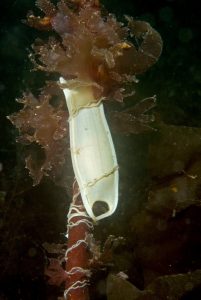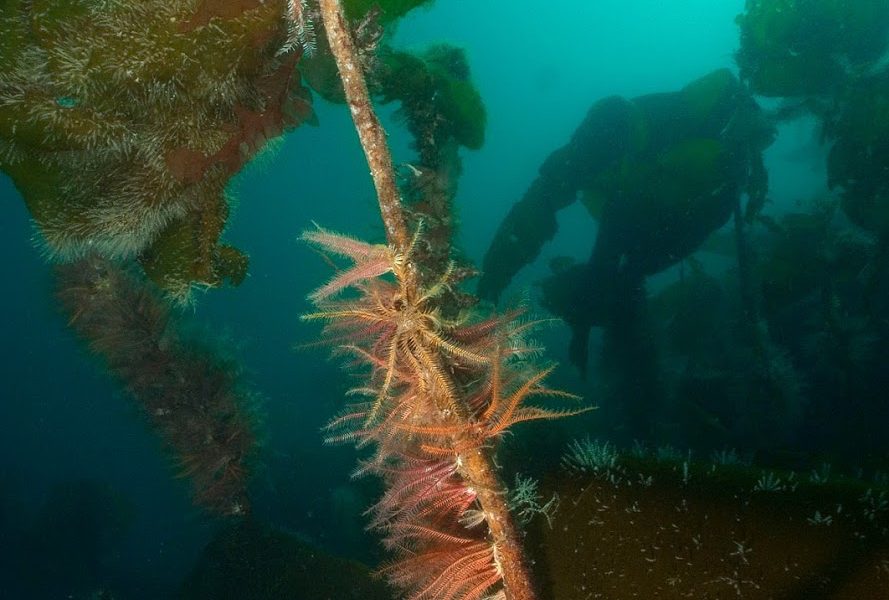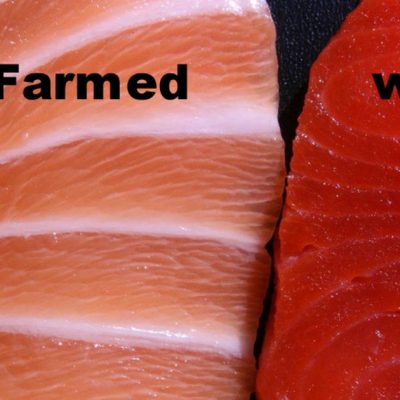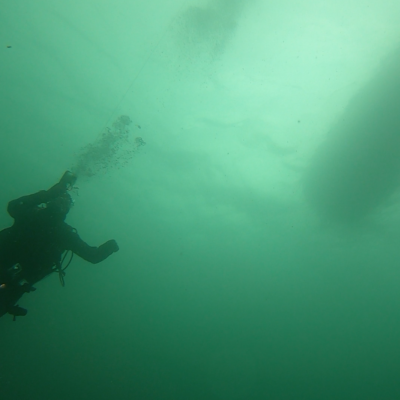Sea Change Wester Ross is a community marine think tank which includes scientists, fishermen, anglers, teachers and artists, as well as many other ordinary members of the community living around the shores of Wester Ross Marine Protected Area. There has been an enormous outcry against the idea of kelp dredging in Scottish waters (and particularly the possibility that this might include dredging within the MPA network) from amongst our members and supporters. It is an established fact that kelp is a key habitat which supports other fisheries and is biologically very diverse. We have consulted with and read the research of several other experts regarding the Marine Biopolymers Ltd scoping report. We have also read several of their responses, therefore we know our opposition is backed by peer reviewed research explaining why the proposal to harvest kelp by dredging should be rejected. We could respond in a similar manner with references, yet that seems unnecessary when the information you need has already been provided. Instead we use plain words.
The kelp forest that rings the coast is a carbon sink. The first part of a geological carbon sink. It protects the coast from erosion and provides habitat for a large number of species. Mechanically dredging it is akin to driving a bulldozer blindfold through a rainforest.
That there is even a possibility that some parts of the marine protected area network is included is dumbfounding. We would like clarity on this fact as the wording is a little ambiguous and we would want reassurance.
Professor Callum Robert’s was interviewed for radio four’s Life Scientific (Callum Roberts on the urgent need for marine conservation. Tuesday 1 May 2018, 21:30) He stated that ‘real’ marine protected areas are needed and will, when fish stocks and the environment recover, provide both more fish and work. We would like to see the jobs that have been lost through decades of mismanagement return. We would like to see an increase in the use of low impact fishing. We would like to see a return to more sustainable practices such as ring netting and line fishing. Kelp dredging anywhere in the sea is incompatible with the restoration of biodiversity we need to limit climate change and restore fisheries.
It is possible to harvest kelp sustainably by hand but only with care and an understanding of its ecology. The proposed mechanical dredging shows an ignorance of ecology and a contempt for the livelihoods of the other users and beneficiaries of the marine environment.
There are no easy answers to the problem of making a planned transition to a sustainable economy. We understand the need to create jobs but not at any cost and certainly not when the consequences of short term job creation are a continuation of long term loss. We have been receiving a worrying number of emails and reports from scientific advisors who are being ignored because their knowledge is in conflict with the advice given by, what looks to be people with only short term commercial interests in their minds.
Ecologists and experts have been trying to warn us of the dangers of climate change, pollution and resource scarcity for fifty years. WE REALLY MUST LISTEN!
John McIntyre on behalf of Sea Change
Kelp Photos of Wester Ross MPA from Sea Change-SCFF-SubSeaTV June 2018 survey – copyright Graham Saunders, http://www.saunders-marine.co.uk (used with grateful thanks)







